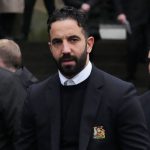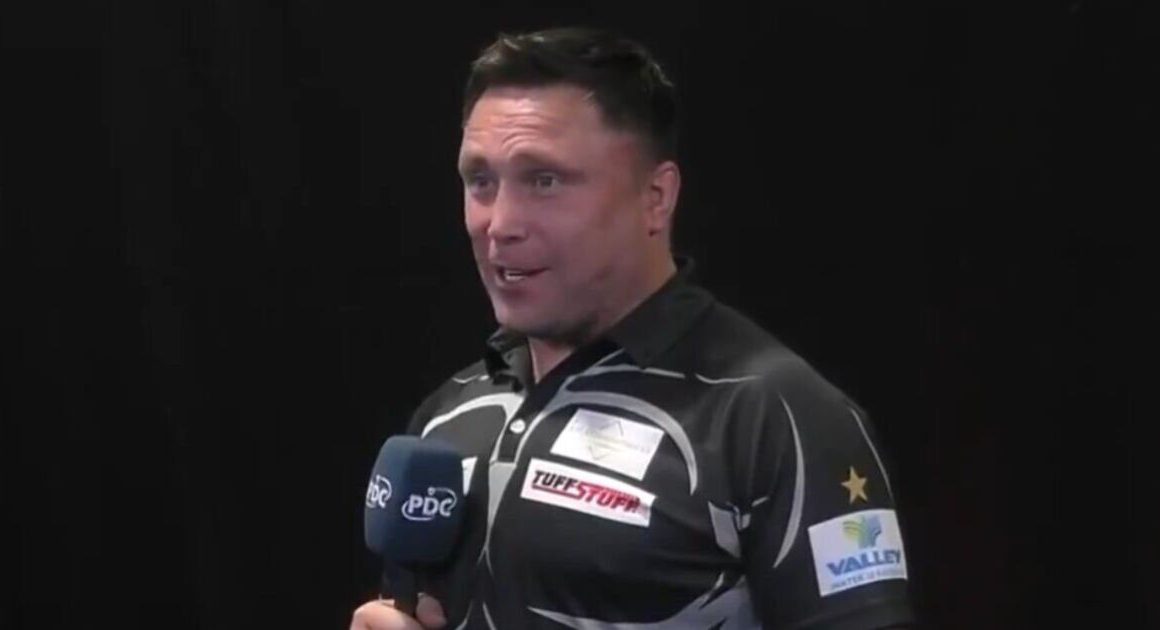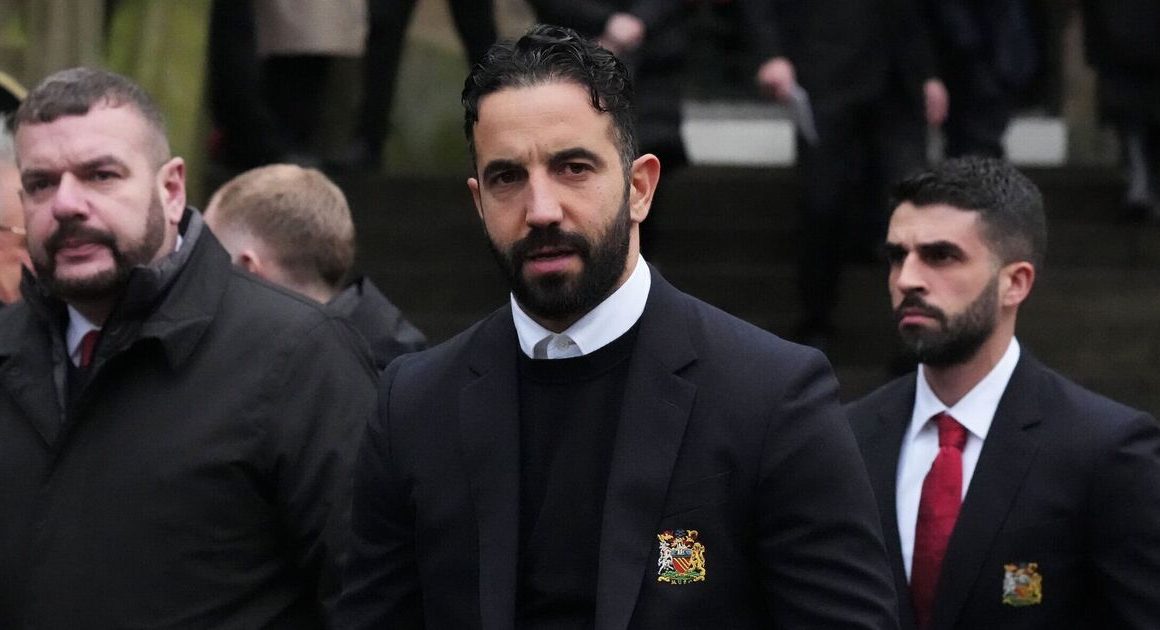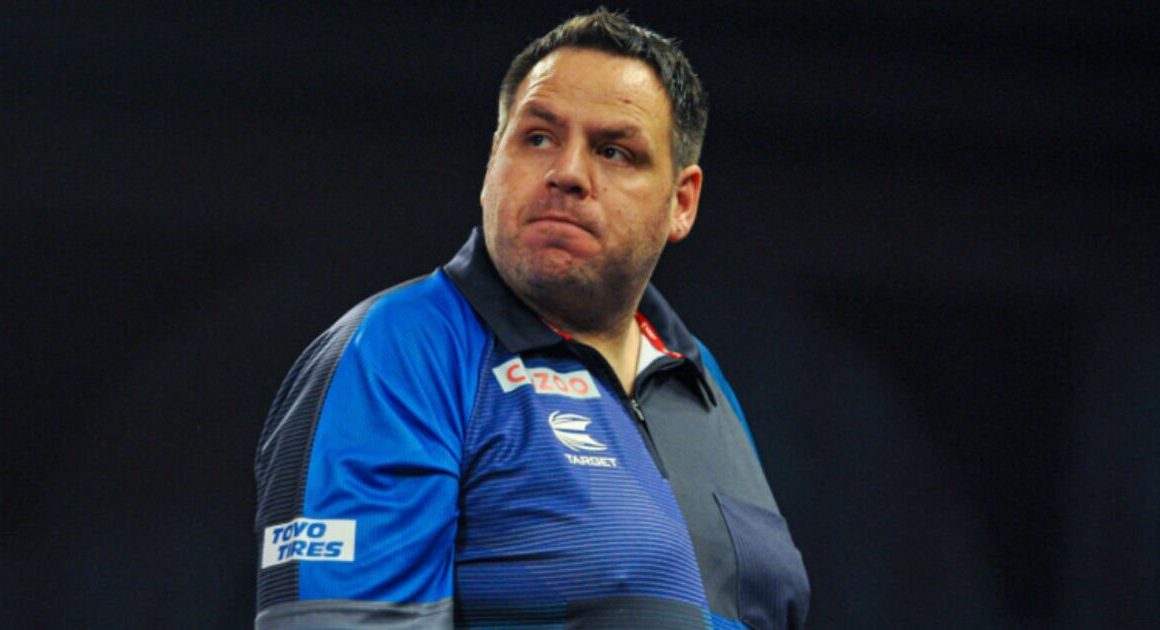This is an excerpt from The Buzzer, which is CBC Sports’ daily email newsletter. Stay up to speed on what’s happening in sports by subscribing here.
As the NHL’s best players get ready for their long-awaited return to the Olympics next year, an appetizer will be served over the next nine days as Canada, the United States, Sweden and Finland compete in the new 4 Nations Face-Off.
Here’s a primer on the star-studded mini-tournament, which opens on Wednesday night with Canada facing Sweden in Montreal.
Whose idea was this?
The NHL and the NHL Players’ Association confirmed the creation of the 4 Nations Face-Off during last February’s all-star festivities in Toronto. The announcement was paired with official word that the league and the players had agreed to take part in the 2026 Winter Olympics in Italy after skipping the 2018 and 2022 Games.
The 4 Nations is replacing the all-star game this year. Anyone who’s not participating gets to enjoy a two-week vacation before the NHL regular season resumes on Feb. 22.
Why only four countries?
Ideally, the 4 Nations Face-Off would probably be a 6 Nations Face-Off including Russia and the Czech Republic — the only other countries with enough NHL players to form a team. But Russia remains banned from international hockey (among other team sports) due to the war it started against Ukraine immediately after the 2022 Olympics.
While the NHL and NHLPA technically don’t have to honour the International Ice Hockey Federation’s Russia ban after deciding to run (and profit from) the 4 Nations without co-operation from the global governing body, that’s a moral and political third rail that they wisely decided not to touch. The Czechs are simply collateral damage because a five-team tournament wouldn’t really make sense.
The NHL and NHLPA are hoping the Russia situation sorts itself out soon because their ultimate goal is to bring back a full-fledged World Cup of Hockey, which was last played in 2016. NHL commissioner Gary Bettman said last year that the plan is to establish a permanent cycle with either the World Cup or the Olympics taking place every two years.
What’s the format?
It’s very simple. The tournament starts with a round robin where the four teams all play each other once. Then the teams with the two best records square off in the championship game.
Each team’s first two games are in Montreal before the tournament shifts to Boston for the remainder.
WATCH | Montreal ready to host as 4 Nations Face-Off approaches:
The Bell Centre is the first of two venues, hosting most of the world’s biggest hockey stars as they play for their country in a best-on-best tournament for the first time in nearly a decade.
During the round robin, teams get three points for a regulation win, two points for an overtime or shootout win, one point for an overtime/shootout loss and zero points for a regulation defeat.
The overtime format for the round robin is 3-on-3 sudden death for 10 minutes, followed by a shootout if necessary. For the championship game, OT switches to what we see in the NHL playoffs: full-strength sudden death for 20-minute periods until someone scores.
What’s the schedule?
Here’s the full seven-game slate:
Wednesday, Feb. 12
- Canada vs. Sweden, 8 p.m. ET in Montreal
Thursday, Feb. 13
- United States vs. Finland, 8 p.m. ET in Montreal
Saturday, Feb. 15
- Finland vs. Sweden, 1 p.m. ET in Montreal
- United States vs. Canada, 8 p.m. ET in Montreal
Monday, Feb. 17
- Canada vs. Finland, 1 p.m. ET in Boston
- Sweden vs. United States, 8 p.m. ET in Boston
Thursday, Feb. 20
- Championship game, 8 p.m. ET in Boston
Who’s playing?
Canada’s team is captained by Sidney Crosby, the two-time Olympic champion who scored the golden goal in 2010 in Vancouver. Crosby’s status appeared to be up in the air after he missed the Pittsburgh Penguins’ last two games with an upper-body injury, but the 37-year-old practiced in full on Monday and pronounced himself good to go.
Crosby was one of Canada’s early selections when each team named six players back in June. He was joined by star forwards Nathan MacKinnon, Connor McDavid, Brad Marchand and Brayden Point and defenceman Cale Makar.
McDavid, the premier player of his generation, and MacKinnon, the reigning NHL MVP, have not had a chance to represent Canada in a best-on-best tournament since they played in the world junior championship a decade or more ago. They were teammates in the gimmicky 2016 World Cup, where their North America squad consisted of under-24 players from Canada and the United States.
When full 23-man rosters were announced in December, Canada added Toronto’s Mitch Marner, Vegas captain Mark Stone, Philadelphia’s Travis Konecny and Carolina’s Seth Jarvis at forward along with Florida teammates San Reinhart and Sam Bennett and Tampa Bay’s Anthony Cirelli and Brandon Hagel.
On defence, Canada added Makar’s Colorado teammate Devon Toews, Winnipeg’s Josh Morrissey, St. Louis’ Colton Parayko, Philly’s Travis Sanheim and the Vegas duo of Shea Theodore and Alex Pietrangelo. However, Pietrangelo pulled out due to an undisclosed “ailment” and was replaced by L.A.’s Drew Doughty.
In goal, Canada picked the uninspiring trio of St. Louis’ Jordan Binnington, Vegas’ Adin Hill and Montreal’s Sam Montembeault. Head coach Jon Cooper named Binnington his starter today.
The United States’ first six selections were forwards Auston Matthews (the captain), Jack Eichel and Matthew Tkachuk and defencemen Adam Fox, Quinn Hughes and Charlie McAvoy. Star goalie Connor Hellebuyck, last season’s Vezina Trophy winner, was among the December picks.
Sweden’s original six were forwards Filip Forsberg, William Nylander and Mika Zibanejad and defencemen Victor Hedman (captain), Gustav Forsling and Erik Karlsson. Projected starting goalie Jacob Markstrom, lost to injury after being picked in December, was replaced by Philly’s Samuel Ersson.
Finland is headlined by forwards Aleksander Barkov (captain), Sebastian Aho and Mikko Rantanen, defencemen Miro Heiskanen and Esa Lindell and goalie Juuse Saros.
Here’s each team’s complete roster.
Who’s not playing?
Canadian stars who did not get the call include forwards Connor Bedard, Steven Stamkos, Mark Scheifele and Zach Hyman and Washington goalie Logan Thompson, who has one of the best save percentages in the NHL this season.
The Americans passed on forward Tage Thompson, who has 26 goals in 48 games for Buffalo, and lost reigning Norris Trophy winner Quinn Hughes after the Vancouver defenceman missed the last four games. He was replaced by Ottawa’s Jake Sanderson.
In addition to losing Markstrom in net, Sweden is without injured forward William Karlsson. Finland lost three defencemen due to injury — Miro Heiskanen, Jani Hakanpaa and Rasmus Ristolainen — but received good news on Monday when star forward Mikko Rantanen said he’s healthy enough to play after missing Carolina’s last game with a lower-body injury.
Who’s got the best team?
According to the betting markets, Canada and the U.S. are essentially co-favourites to win the title. Their odds are both around 3/2 while Sweden is north of 4/1 and Finland is a 10/1 long shot.
There’s some buzz about the Americans being the “real” favourites. They have a lot of firepower up front with the likes of Matthews, the reigning NHL goals champ, and Eichel, Kyle Connor and Jack Hughes, who all rank in the top 10 in points this season. The loss of Quinn Hughes is big, but Fox is a former Norris Trophy winner, the U.S. blue-line runs deep and Hellebuyck is the best goalie in the NHL.
Canada’s critics point to goaltending as a potentially fatal weakness, and they might be right. But Binnington and Hill have backstopped their NHL teams to Stanley Cup championships, and a lights-out guy in the crease may not be an absolute necessity when your skaters include McDavid (the best player in the world), MacKinnon (arguably the second-best player in the tournament) and Makar (probably the most talented defenceman) along with Point and Reinhart (tied for third in the league in goals right now).
Regardless of who you think deserves to be the favourite, most people agree that Canada and the U.S. are on a collision course for the final in Boston. Their round-robin showdown in Montreal this Saturday night should also pack a lot of intensity as Canadian nationalism and anti-Americanism heat up in the face of Donald Trump’s infuriating trade-war threats.
Maybe hockey doesn’t really matter that much in the grand scheme of things, but it’s still one way we know how to stick it to the U.S.










